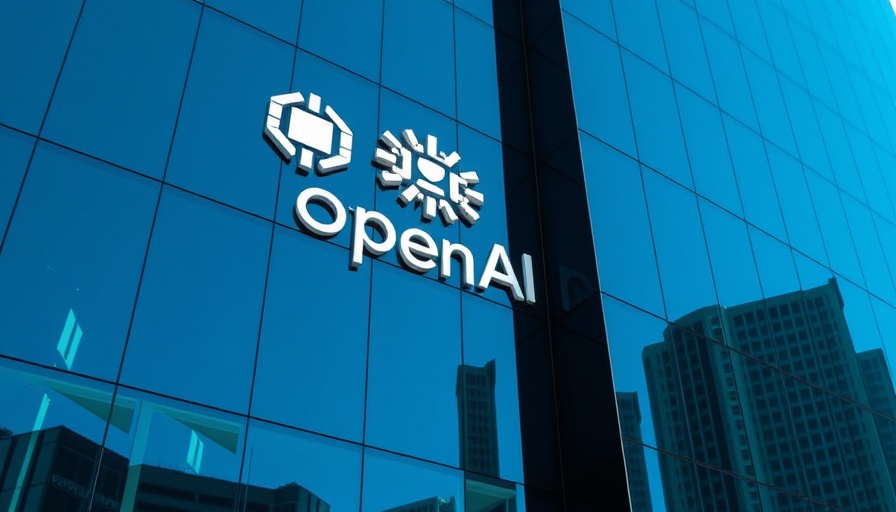
OpenAI's Bold Move: Eyeing the Future of Browsers
In a striking development during a significant antitrust trial, OpenAI has expressed interest in acquiring the Chrome browser should a court mandate Google to divest it. This revelation came from Nick Turley, Head of Product at ChatGPT, who shared his thoughts while testifying in Washington, where the U.S. Department of Justice (DOJ) is actively pursuing measures to restore competition within online search. The trial represents a pivotal moment for the tech industry, with potential implications for the browsing experiences of millions of users across the globe.
Understanding the Context: Antitrust Actions Against Google
The U.S. government aims to dismantle Google’s perceived monopoly that extends across various sectors, a move many argue could foster greater competition. The question at the heart of the trial is whether such actions will benefit consumers or ultimately lead to unintended consequences, such as diminished quality in browser performance.
Srinivas expressed concern that breaking Chrome away from Google may not only undermine the quality of web browsers but might also limit future technological innovation. He points to the success of Google’s Chrome as stemming from its integration with the larger ecosystem of Alphabet, suggesting that separation could disrupt the quality that users have come to expect.
The Argument Against Chrome's Separation
Srinivas has positioned himself firmly against the breakup of Chrome, stating, "Google deserves a lot of credit for open-sourcing Chromium, which has influenced other browsers like Microsoft Edge and Perplexity’s upcoming Comet." His testimony emphasizes the crucial role that Google plays in delivering a quality browsing experience for billions of users. He argues that the separation could stifle innovation and reduce the competitive edge that Google provides.
The Call for More Consumer Choice
While opposing the divestiture, Srinivas also highlighted a necessary evolution of the Android ecosystem. He advocates for increased consumer choice, pushing for regulations that permit Original Equipment Manufacturers (OEMs) to provide users the ability to select their own default search engines and other essential services, without being dependent on Google’s sweeping agreements. The vision here is clear: an open and adaptable ecosystem where users can tailor their technological experiences.
OpenAI's Strategic Interests in a Changing Landscape
OpenAI's interest in acquiring Chrome appears to align with a broader strategy to expand its influence within tech markets. As AI technologies continue to evolve, the integration of AI with browsers could revolutionize user interactions with the web, making browsing more intelligent and personalized. This adaptation could be crucial as companies like OpenAI seek to position themselves as leaders in a rapidly changing digital landscape.
Moving Forward: What This Means for Users
Ultimately, the outcome of this trial and any resulting shifts within major tech companies will likely shape the future of how users experience the web. With calls for both innovation and expanded choices for consumers, it is clear that the tech landscape is ripe for transformation. How the court rules on Google’s operation of Chrome may set important precedents for the dominance and direction of tech giants going forward.
The stakes are high, and as users, we must stay informed and engaged with these developments. Knowing how these changes impact our digital interactions can empower us to better navigate the future of technology.
 Add Row
Add Row  Add
Add 

 Add Row
Add Row  Add Element
Add Element 




Write A Comment